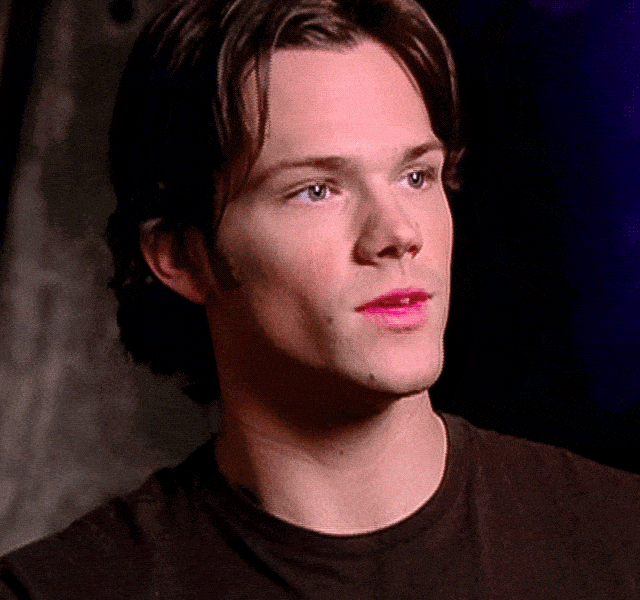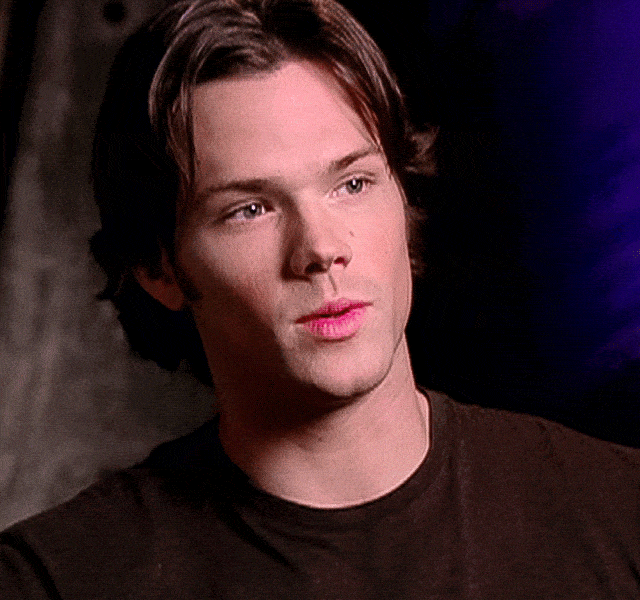#spn bts
Explore tagged Tumblr posts
Text
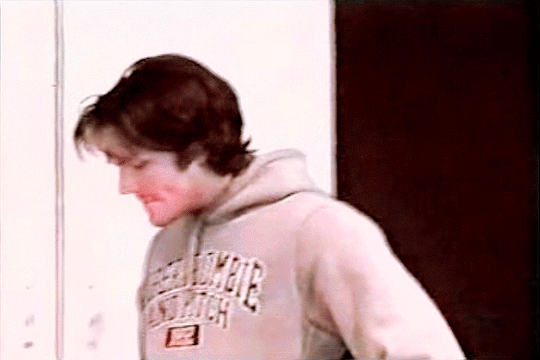
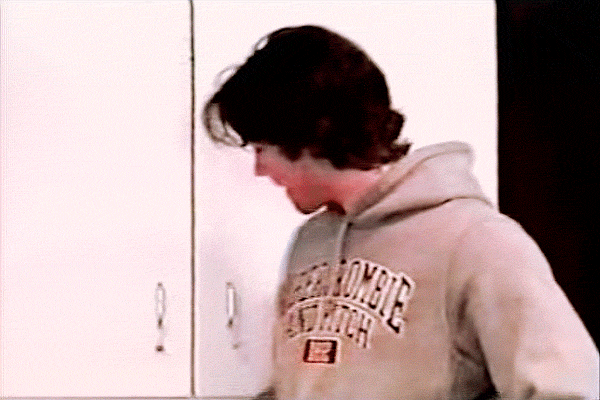
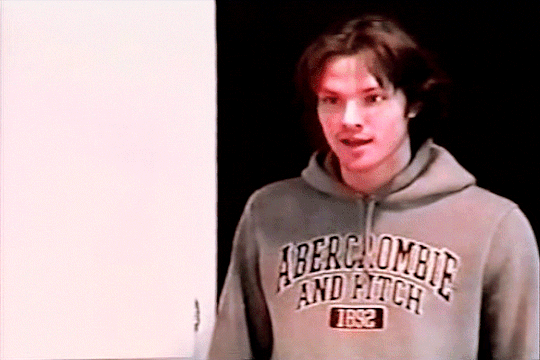
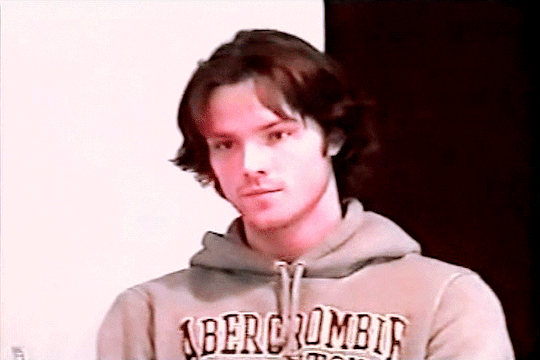
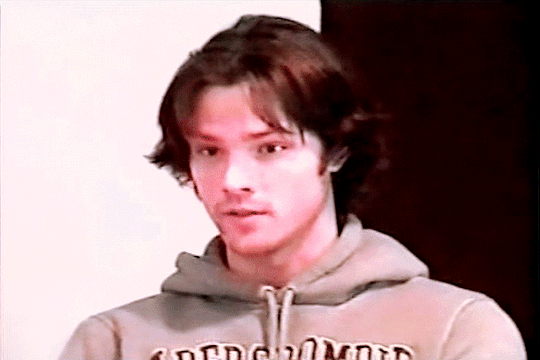
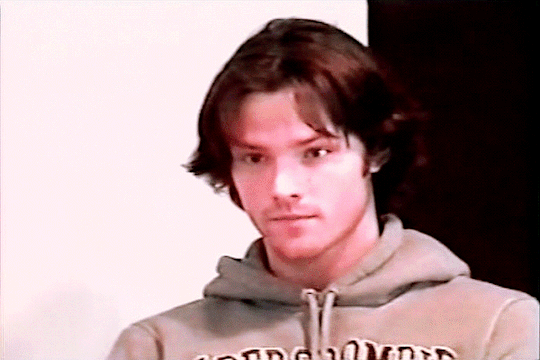
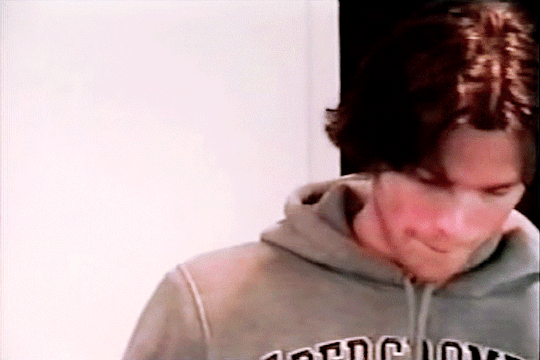
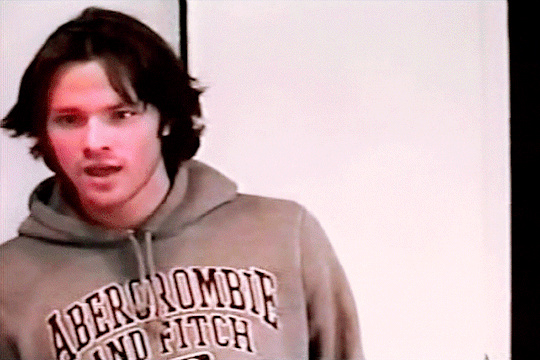

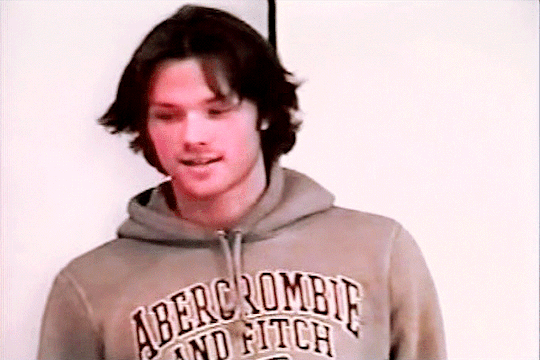
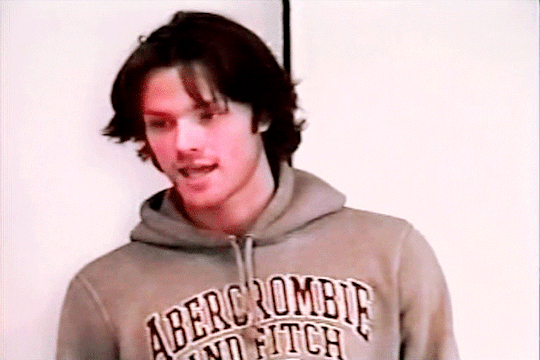
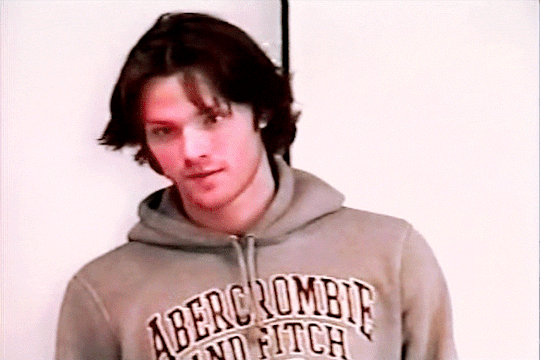

Jared's Original Screen Test
#jared padalecki#sam winchester#spn bts#spn 1x01#s1#gifs#the script they used for this was so........
680 notes
·
View notes
Text
Jensen and Dean battling for control of the vessel because they’re both so turned on by being marked
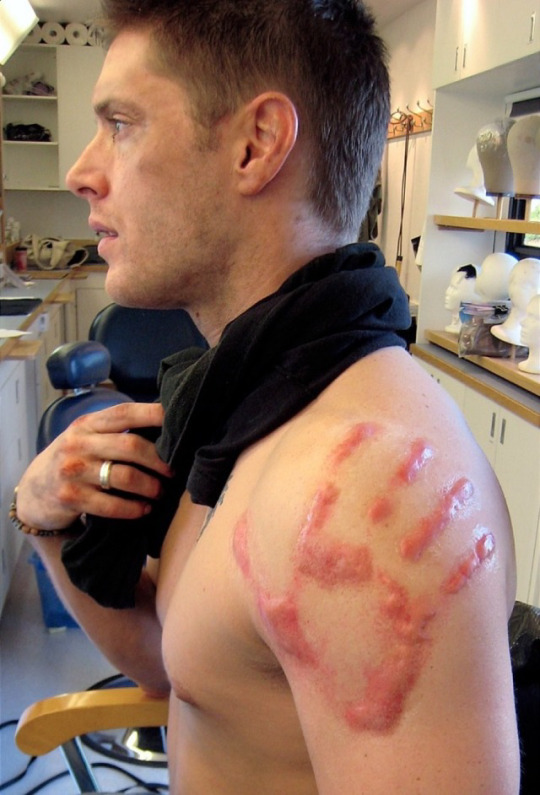
#supernatural#spn#dean winchester#destiel#castiel#misha collins#deancas#jensen ackles#spn crack#spnblr#spnfamily#spn 4x01#lazarus rising#spn cast#spn bts#destiel crack#spn headcanon#profound bond#handprint
411 notes
·
View notes
Text
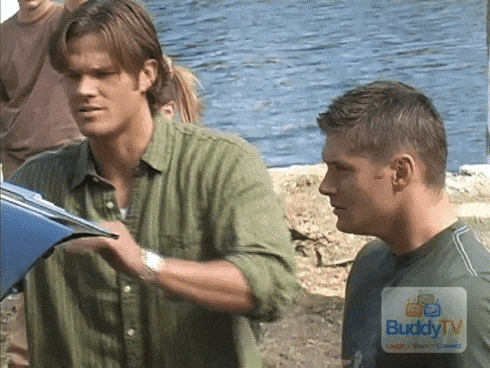
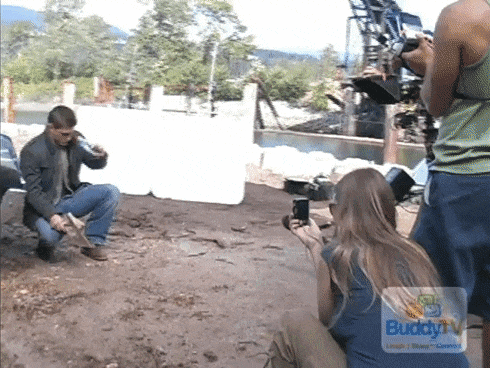


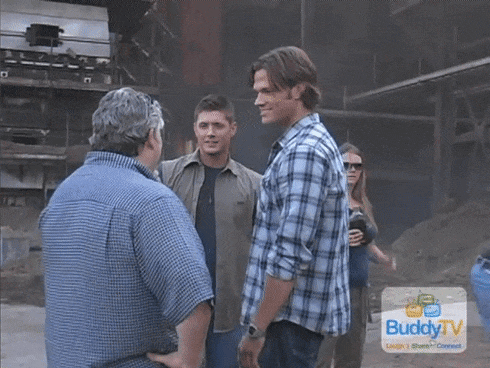

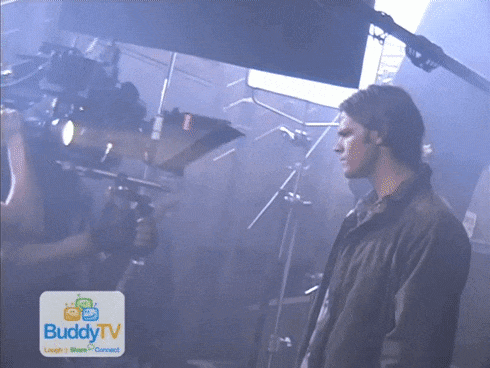
Supernatural Behind The Scenes
234 notes
·
View notes
Text
the genuine surprise and concern on jensen's face 💀
#supernatural#spn#supernatural fandom#dean winchester#sam winchester#jensen ackles#jared padalecki#spn fandom#spnfandom#spn bts
441 notes
·
View notes
Text

Love this so much!
#spn family#supernatural#spn#misha collins#jensen ackles#jared padalecki#mark sheppard#supernatural bts#spn bts#bts
416 notes
·
View notes
Text
Misha Collins and Jensen Ackles - On set at night filming Supernatural, Episode 8x08 Hunteri Heroici, in Vancouver on October 5, 2012.










Daytime Shoot
#misha collins#castiel#jensen ackles#dean winchester#spn#spn 8x08#hunteri heroici#bts#spn bts#filming#night shoot
188 notes
·
View notes
Text

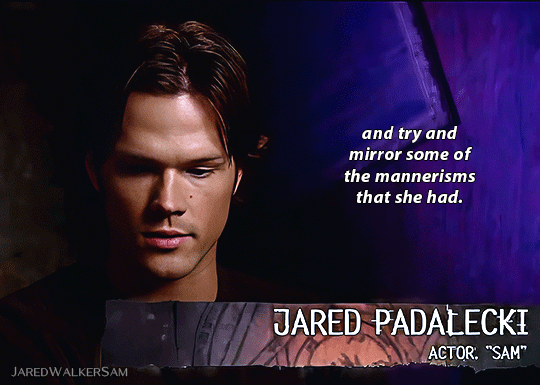
Jared on playing Meg || SPN 2.14
#spnedit#samedit#jarededit#jared padalecki#supernatural#spn bts#meg sam#born under a bad sign#interviews#myedits#gosh he is pertty#and i love how much character work#Jared does#Also up on my twitter#Same name#200
443 notes
·
View notes
Text

@bodyguard4JnJ: Came across this one today , the boys Misha and Mr Bob Singer working on the Scoobynatural episode. It was a very cool day
@jarpad
@JensenAckles
@mishacollins #supernatural#spn
223 notes
·
View notes
Text



When Jensen and Misha are goofing off dressed as Dean and Cas. free serotonin
#it heals me to see them smiling dressed as Dean and Cas#spn season 15#spn#destiel#spn bts#cockles#deancas
589 notes
·
View notes
Text

i'm so soft for this picture
#look at them 🥺#spn#spn cast#misha collins#jensen ackles#jackles#jared padalecki#jarpad#supernatural#spn bts#emily yaps
259 notes
·
View notes
Text


behind the scenes - Supernatural
#behind the scenes#supernatural#spn#dean winchester#jensen ackles#tv shows#tvedit#spn bts#filmedit#spnfamily#deanedit#spnedit
63 notes
·
View notes
Text









Supernatural Pie Day has gone too far 😎🍰🔥
Video: jensenackles (Instagram)
🍰 Tag list: @undisputedchick2 @jranutter @kazsrm67 🥧
#happy pie day!#jensen ackles#dean winchester#chevrolet impala 1967#dean's baby#supernatural#supernatural pie day#bts: supernatural#spn bts#jensen ackles edit#jensen ackles gifs#deansraspberrypie gifs#so hot 🔥🔥🔥#drp
58 notes
·
View notes
Text

spntapeball Helping @misha get closer to the grave.
110 notes
·
View notes
Text


#saw this pic n that was the first thing that came to my head#sam#jared#spn bts#spn#sillies#jared padalecki#sam winchester#supernatural#spn crack#ham.txt
132 notes
·
View notes
Text

#supernatural fandom#castiel#spn#castiel supernatural#misha collins#dean winchester#supernatural#sam spn#sam winchester#sam and dean#sammy#dean#jared padalecki#jared and jensen#jarpad#spn bts#jensen ackles#jensen and jared#spn con#spn cast#jackles#misha fucking collins#mishapocalypse#supernatural text post#the french mistake#spn memes#supernatural memes#Dean's face in this is just— *chef's kiss*#jensen fucking ackles#j2m
99 notes
·
View notes
